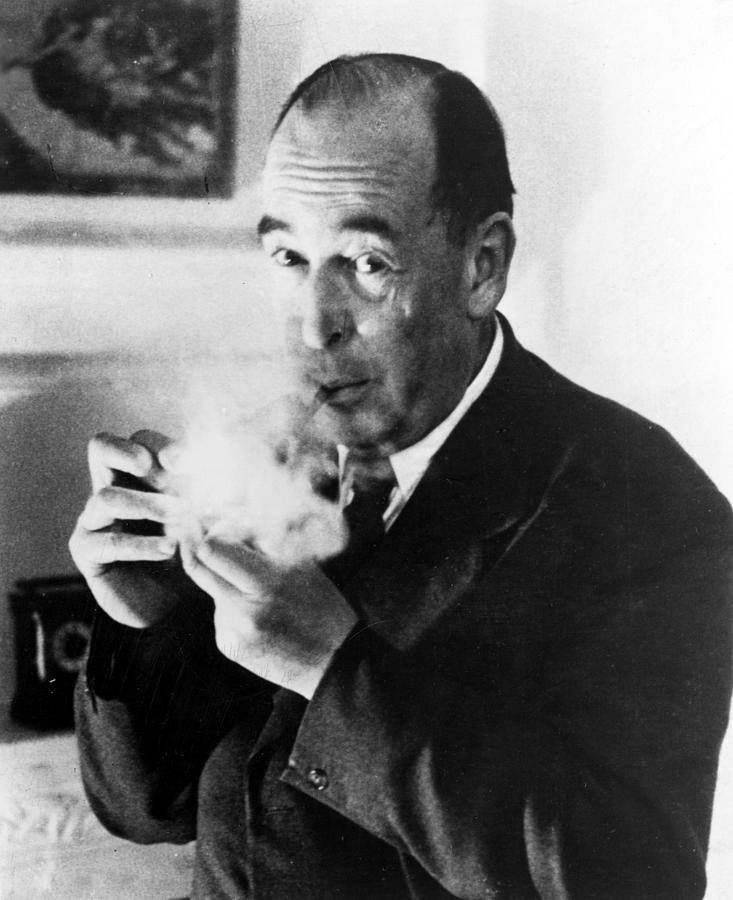On lunatics and cranks
/Last week a friend shared a screenshot of an interesting theory propounded, as all world-changing theories are, in someone’s Instagram comments. You know the Vikings? The old Norse raiders who terrorized all of Europe from the Baltic and the North Sea to the Mediterranean, laid the foundations of Russia, served generations of Byzantine emperors, and traded as far away as Baghdad and the Caspian Sea? Made up. Totally made up. A fictional scapegoat for the crimes of Christians. The Vikings were invented, you see, to cover up for the Knights Templar everywhere the Templars went a-pillaging.
It shouldn’t be hard to see problems with an idea like this—which shouldn’t even really be dignified with the name “theory.” In addition to all the basic factual stuff like when these groups lived and were active and where they lived and were active, it neglects the veritable Himalayas of evidence supporting the existence of the Vikings: letters, chronicles, charters, linguistic evidence, archaeological evidence on three continents… Name a field of historical investigation and there is a branch dedicated to the Viking Age. Just to deal with texts alone, Michael Livingston’s recent study of one battle between the Anglo-Saxons and a Viking coalition, Brunanburh, used sources in Old English, Latin, Irish, Old Norse, and Welsh to reconstruct what we can know about it. Was all of this manufactured and planted later?
Whatever. Anyone proposing an idea like this doesn’t know how we know what happened in the past; they don’t know how history works. Perhaps they should get into filmmaking.
But the hypothetical culprit behind Viking violence in this particular theory reminded me of a favorite line from Umberto Eco that I once shared here many years ago. This passage comes from Eco’s novel Foucault’s Pendulum:
“A lunatic is easily recognized. He is a moron who doesn’t know the ropes. The moron proves his thesis; he has logic, however twisted it may be. The lunatic on the other hand, doesn’t concern himself at all with logic; he works by short circuits. For him, everything proves everything else. The lunatic is all idée fixe, and whatever he comes across confirms his lunacy. You can tell him by the liberties he takes with common sense, by his flashes of inspiration, and by the fact that sooner or later he brings up the Templars.”
“[E]verything proves everything else” should be a recognizable pattern nowadays. A theory like the one above is lunacy.
Revisiting Eco’s diagnostic passage also brings to mind one in which Joseph Bottum defines the crank, a type similar to but with important differences from the lunatic. Here’s Bottum with his useful working definition that manages to nail three common crank fixations, all of which have gotten plenty of play recently:
“There are three infallible signs of the crank—that oddball, goofball sort of person who mutters, as he walks along, about how he’s grasped the key to everything. The first is that he has a theory about the Jews. The second is that he has a theory about money. And the third is that he has a theory about Shakespeare.”
To put the distinction another way, there’s no arguing with a lunatic, but a crank will argue you under the table. Not that a crank is any nearer the truth than the lunatic, but whatever fixation a crank has will lend itself to tabulation, nitpicking, and a kind of big-data hairsplitting that feels like thought in a way the world-bestriding historical revisions of the lunatic do not. That guy you know who thinks the CIA shot down Flight 370 in order to cover up the fake moon landing on behalf of Satan-worshiping lizard people is a lunatic. That guy you know who posts three times a day about crypto—or the Fed, or the Mossad, or “the Zionists,” or, yes, Shakespeare—is a crank. And there’s a reason you avoid engaging.
For a case study in anti-Shakespeare crankery, see Jonathan Kay at the National Post here. (And I would recommend Kay’s book Among the Truthers for a broad and insightful study of lunatics, cranks, and other similar species.) And here’s a short reflection from Sonny Bunch, inspired by Bottum’s line about cranks and overlapping somewhat with Chesterton’s observations, about how conspiracy theories can reveal a lot—just not about the subject of the theory.
I posted that Eco quotation in the early days of this blog as an addendum to a long passage from Chesterton about the biased of motivated thinking of cranks. You can read that here. For crank-on-crank combat, see the world-class observer of the scene, Charles Portis, in Gringos, here.
















